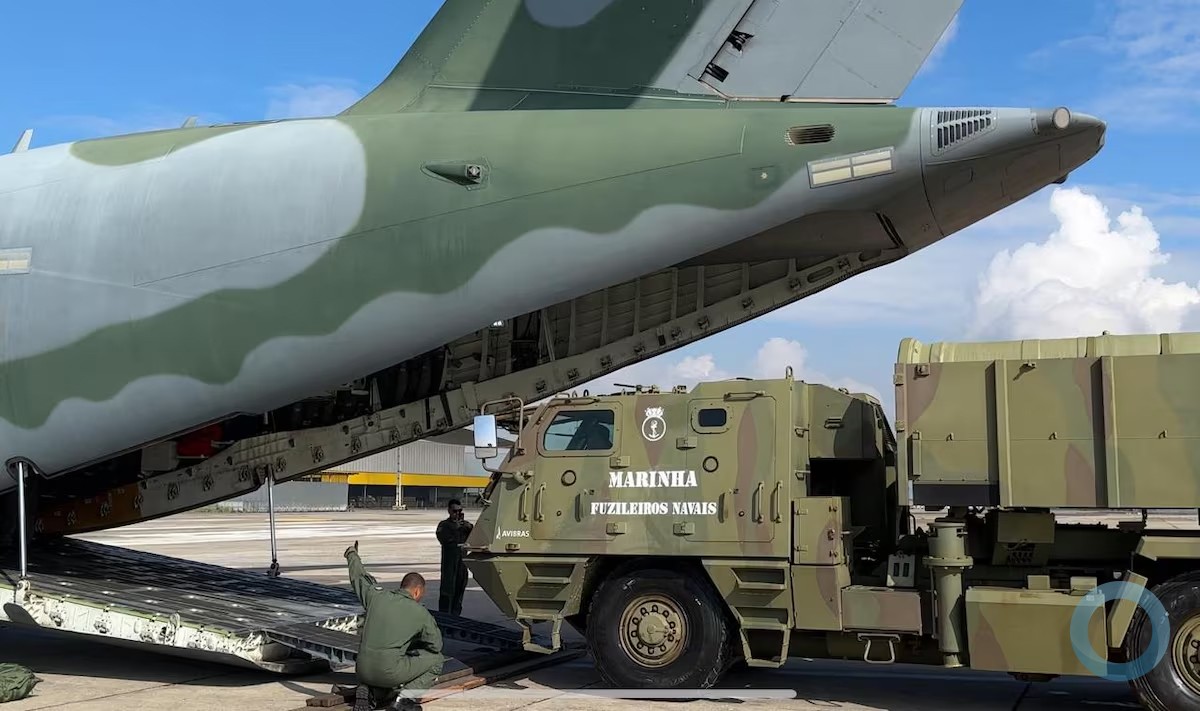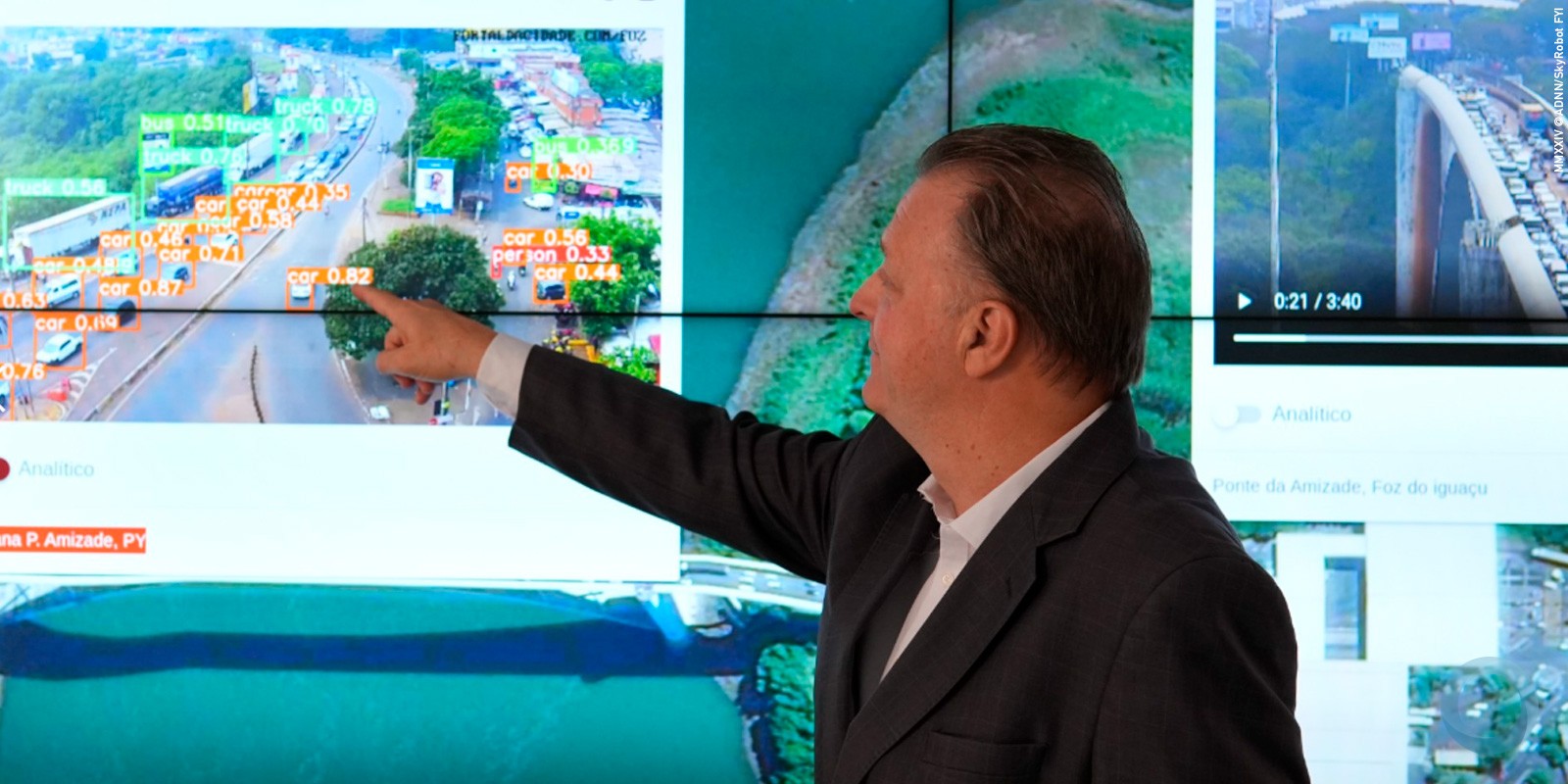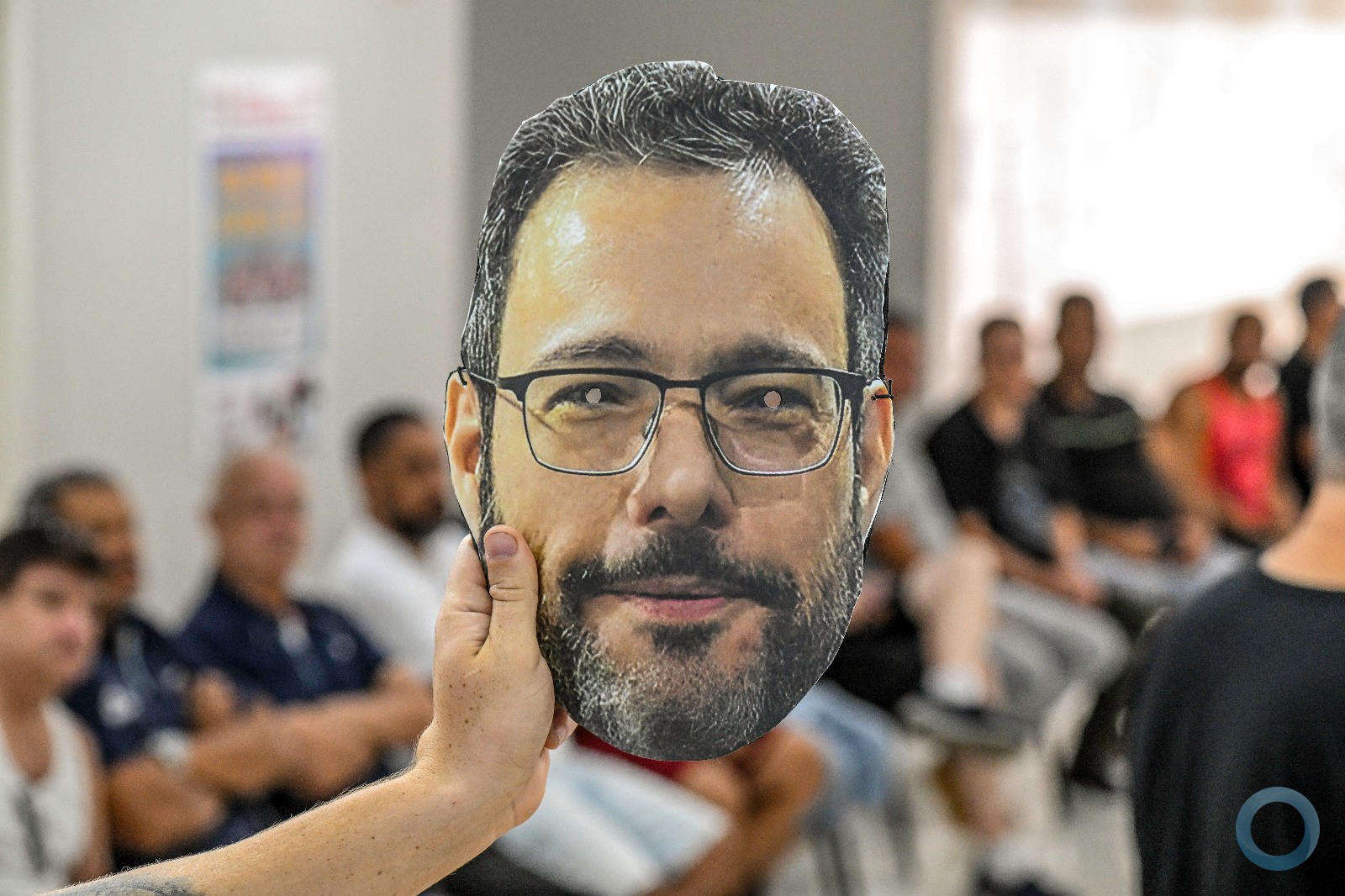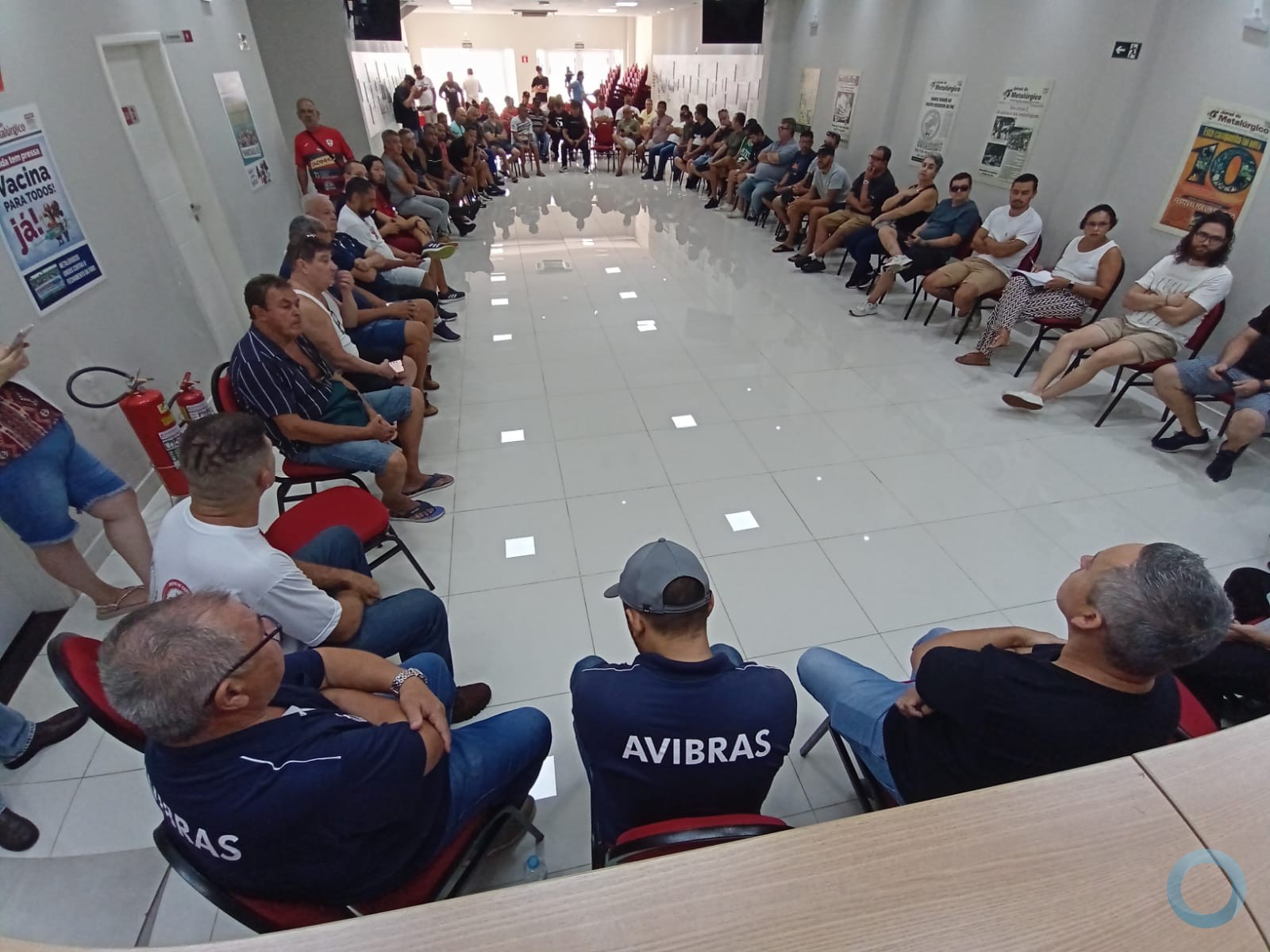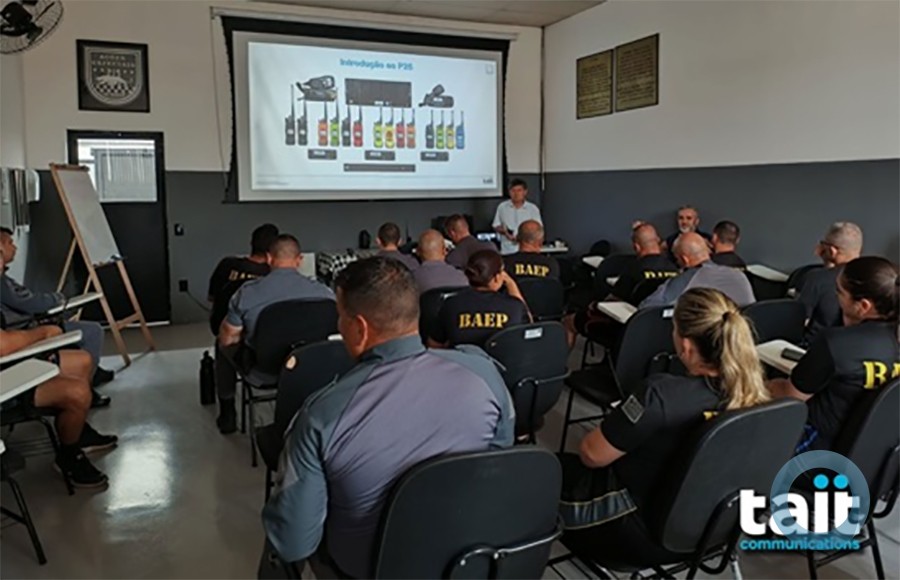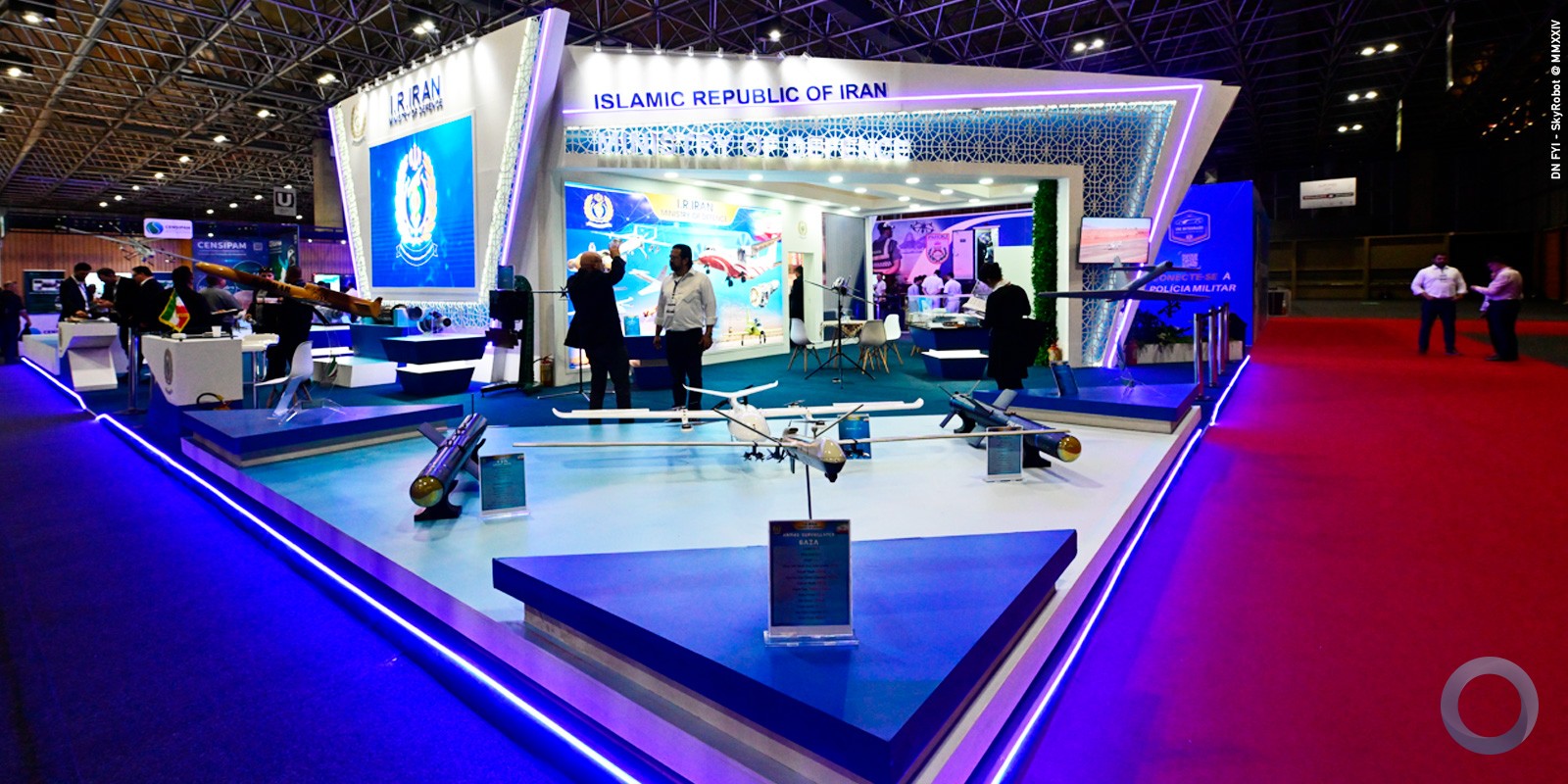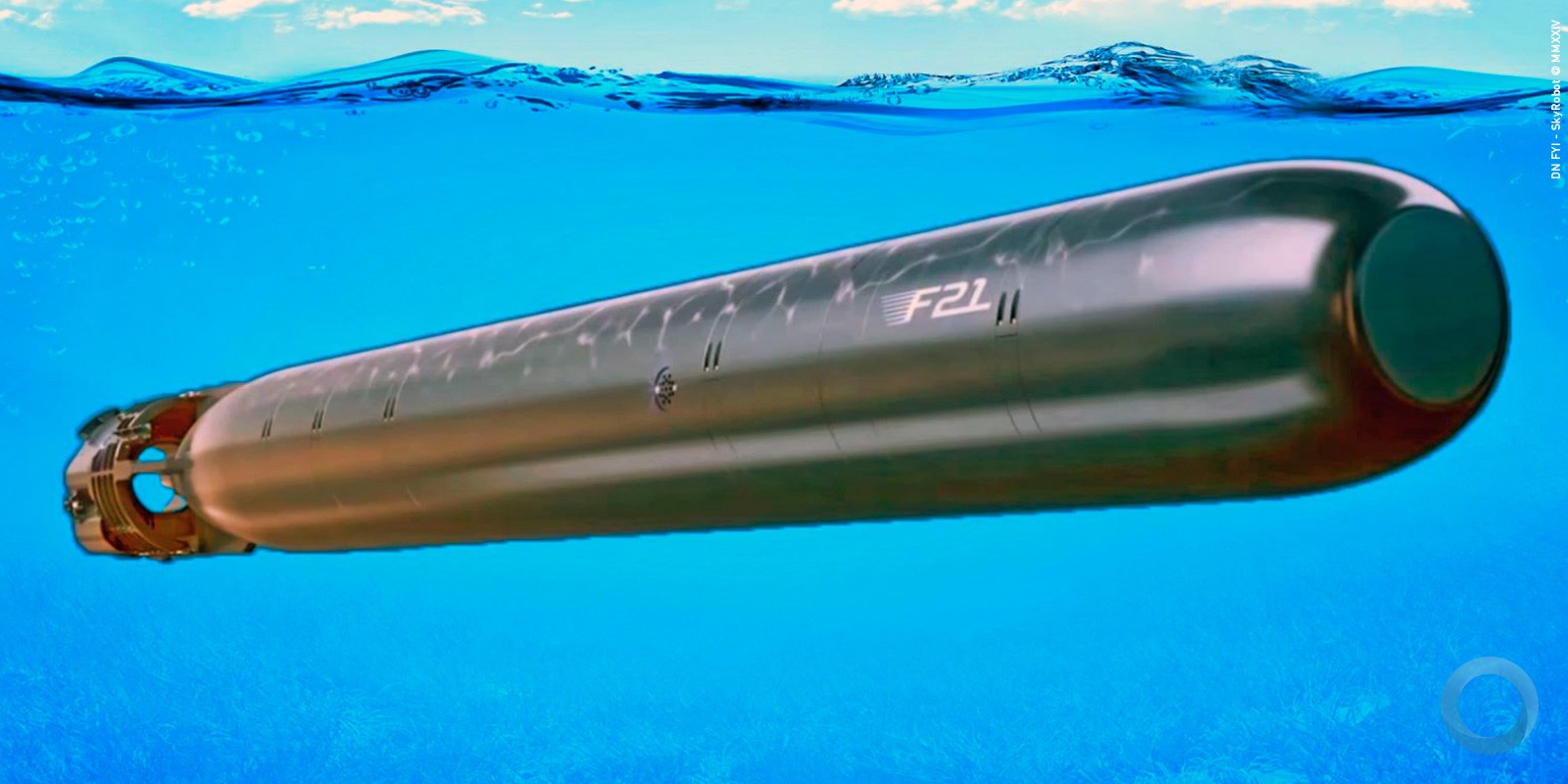Note DefesaNet
For portuguese text access:
DEGENAR – Opinião – Calcanhar de Aquiles Link
The Editor
Cosme Degenar Drumond
degenar@terra.com.br
Achilles was a notorious warrior in Greek mythology. When he was born, his mother, Thetis, Greek goddess of the sea, bathed the child in a river, wishing to make him invincible. However, Achilles was hit in battle by a poisoned arrow in the only spot the water did not touch – his heel. Thus the term “Achilles’ heel” is used to describe someone’s weakness or the weak link in an organization, project or task.
The lack of financial support for defense projects in Brazil fits right in this description. A few years ago, there has been a nation-wide debate aiming to strengthen the sector. Our defense and military had to adapt to new policies, great investments were made and many strategic programs were started. At a certain point, however, we could no longer afford our ambitions. The government started to delay payments for the companies who provided for the strategic programs.
Debts became too great, and make things difficult for the national defense industry complex. Companies are now sending some of its employees on forced vacations and don’t rule out the possibility of actually downsizing their workforce, since there’s no way to find other sources of income to keep the payroll. These companies say that the situation is caused by Brazil’s budgetary fragility. The government, on the other hand, claims bad management as the root of all evil. Anyways, it is a fact that the Administration takes far too long to pay defense companies, who are bound by contract to keep providing. Long story short: Brazil’s defense industry is stuck between a rock and a hard place.
There’s reason to worry. During the economic crisis in the 90’s, many specialists in the defense sector find place in other industry branches. Many companies turned their sights to the civilian market and started to manufacture all sorts of items, including bicycle parts and paint. The National Defense Strategy (END in Portuguese) brought them back to their original field. But there are still professionals, such as naval engineers, working jobs with no relation to their academic skills.
The driving forces of economic growth are more focused on the private sector. Knowledge creation is motivated by high investments, qualified personnel and technological forecast. Companies apply resources to form specialists. The larger ones can easily educate their workforce inside their own facilities or through partnerships with education institutions. These measures are expensive and demand permanently active employees. The LAAD 2015 exhibition in next April might be a good means to assess the future of some of Brazil’s strategic areas. It is expected that, by then, all setbacks will be solved. The deadline is near, but a solution seems to be possible.
Considering the evolution of Brazil’s GDP, the country spends less than 1,5% of its wealth to strengthen its sovereignty. According to specialists, this number is well bellow ideal. To make matters worse, cutting on expenses makes it even harder to keep major hi-tech programs going at a reasonable speed. In 2013, the government bit off part of the investments for our defense budget, and it happened again last year. The money that wasn’t spent returns to the fiscal year’s plans as “pending leftover payments” or is pushed over to the next fiscal year. However, these “leftover payments” take far too long to be approved by the Administration.
Since the National Defense Strategy was released, in December 2008, Brazil has seen some bright moments that favored the formation of defense specialists. Headhunting for talented professionals wasn’t easy, though. High school education is low in quality, and the professional profile of civilian technicians with college degrees doesn’t suit the defense field properly. All this makes it difficult to select people to work in the industry. According to a study conducted by the Brazilian National Industry League (CNI), this scenario varies depending on the work field considered.
The Brazilian government did stimulate professional qualification and growth in the industry sector. In order to achieve this, it established standards for investment in research, development and innovation. The knowledge acquired should be implemented on the daily production routine. Defense companies adopted innovative recruiting, selection and qualification methods, and began to promote the defense field as an attractive work option. But if the resource flow from the government doesn’t keep up with these companies’ efforts, there’s a risk all this hard work might come to a halt.
Our economic reality is serious, there’s no doubt of it. The budget for 2015 has not been approved yet. History must not repeat itself in the defense field, leading the country to fail once again in building an effective and self-sufficient defense structure. Still, industry representatives fear we’ll go down the same path again, since our strategic military programs are already compromised by the lack of funding.
There’s no nobler occupation than that of a politician, due to the direct influence they have on the life of the nation and its people. in any professional area, naming the right people for the right positions is fundamental. Back in 1999, when the Brazilian Ministry of Defense was created, those named to man the ranks were just government workers who were available at the time. There was no official examination to select skilled and motivated professionals who actually wanted to deal with all the complex issues that surround defense.
Our government must downsize its monstrous administrative structure and establish a cost/benefit point. When Brazil became a Republic, in the 19th century, there were only eight state departments. Former presidents Getulio Vargas (1930-1945 and 1951-1954) and Juscelino Kubitschek (1956-1961) created only one ministry each during their time in office. During the Military Regime (1964-1986), we had 16. For the sake of politicians, Tancredo Neves came up with a 23 cabinet structure. Then there was 31 cabinets during José Sarney’s administration and 34 during Fernando Henriqe Cardoso’s. When Lula took office in 2004, he created four more offices. Now, Dilma Rousseff’s government has a grand total of 39 offices.
Size does not matter. Practical results speak for themselves. The United Kingdom, for instance, a developed nation, has 18 offices. Brazil is another case entirely. And the health of our economy is in bad condition in all three administrative levels. Not only the Union, but its states and cities are also dragging their feet when it comes to paying suppliers. Security and defense companies are now thinking twice before accepting Estate orders again.
It’s impossible to understand how Brazil, an independent nation for almost two hundred years now, with many natural resources, workforce potential and one of the heaviest tax rates in the world, has not taken off yet. Possible reasons are low political quality, the lack of a long-term governance plan and deeply rooted institutional corruption. No GDP can afford national development under these circumstances. Each new administration does things its own way, and the nation’s future is always neglected. What kind of politics is that?
Brazilian industry needs to unite and fight for its interests in order to prevent dramatic consequences like unemployment and loss of technological know-how and qualified professionals. In this scenario, institutions in charge of speaking for industrial interests need to play a more active role.
There is no room anymore for the acting like everything is fine, like defense representatives always do. The situation is very serious.
Foreign professionals that work on our strategic military programs are already thinking of returning home. Strategic companies are on the verge of bankruptcy.
Brazilian executives in the logistics field are disappointed and also think of moving to other branches.
And let’s remember that, in the past, when the disintegration of the Brazilian defense industry started, it looked a lot with what we see now.
_____________________________________________
Related Materials
Recommended Readings
DEFESA NACIONAL – Verdade nua e crua Link
Text in English
BRAZILIAN DEFENSE – The Hard REALITY Link
Nota DefesaNet – Cosme Degenar published in 2014 a book about Brazilian Defense Industry: "Indústria e Defesa do Brasil : História, Desenvolvimento, Desafios. Is the most important titles in this subject published in Brazil. Title available only in portuguese.
For more details access::
DEGENAR – Livro “Indústria de Defesa do Brasil – História, Desenvolvimento, Desafios” Link
Also relevant is the articles reading about the AVIBRAS survival saga (titles only in portuguese):
DEGENAR – Livro “Indústria de Defesa do Brasil – História, Desenvolvimento, Desafios” Link






